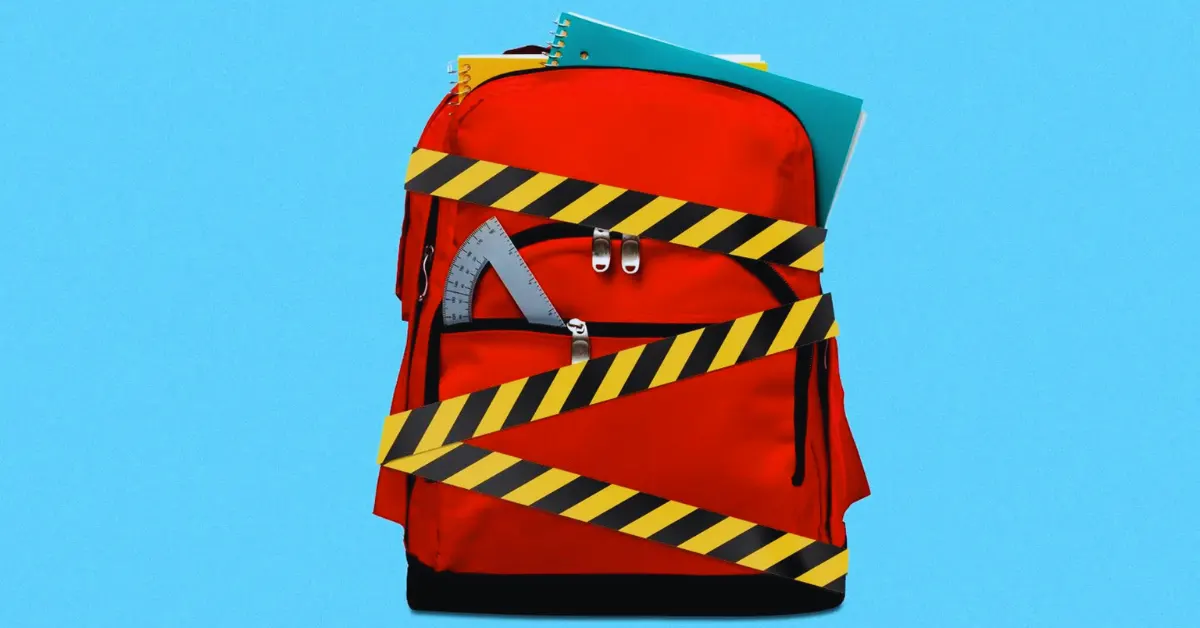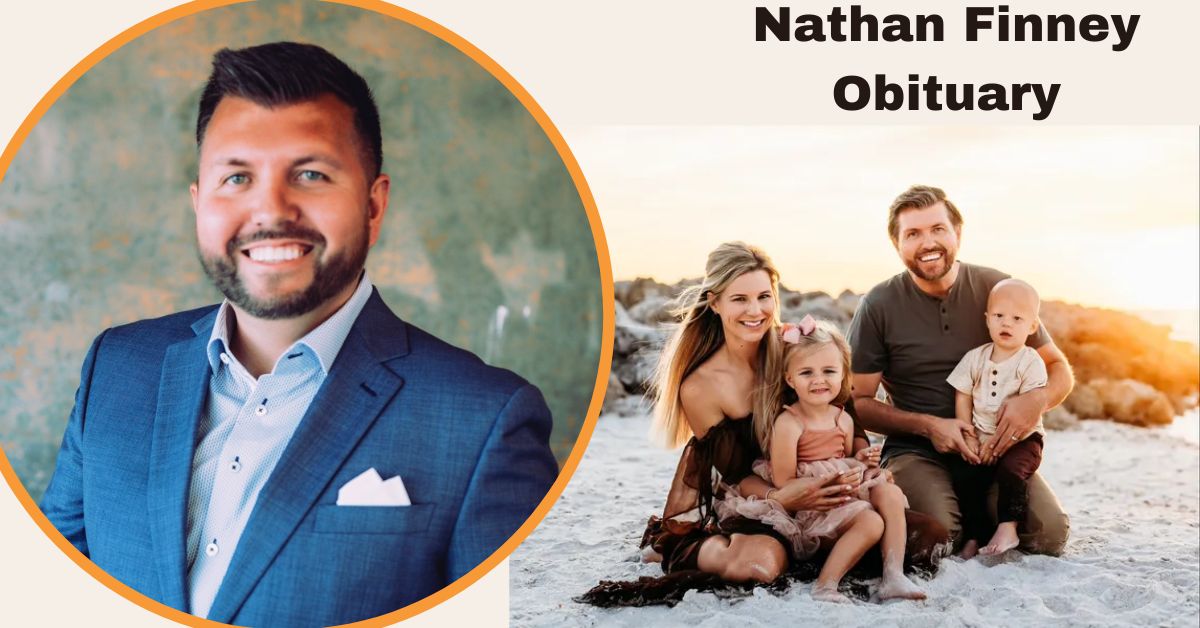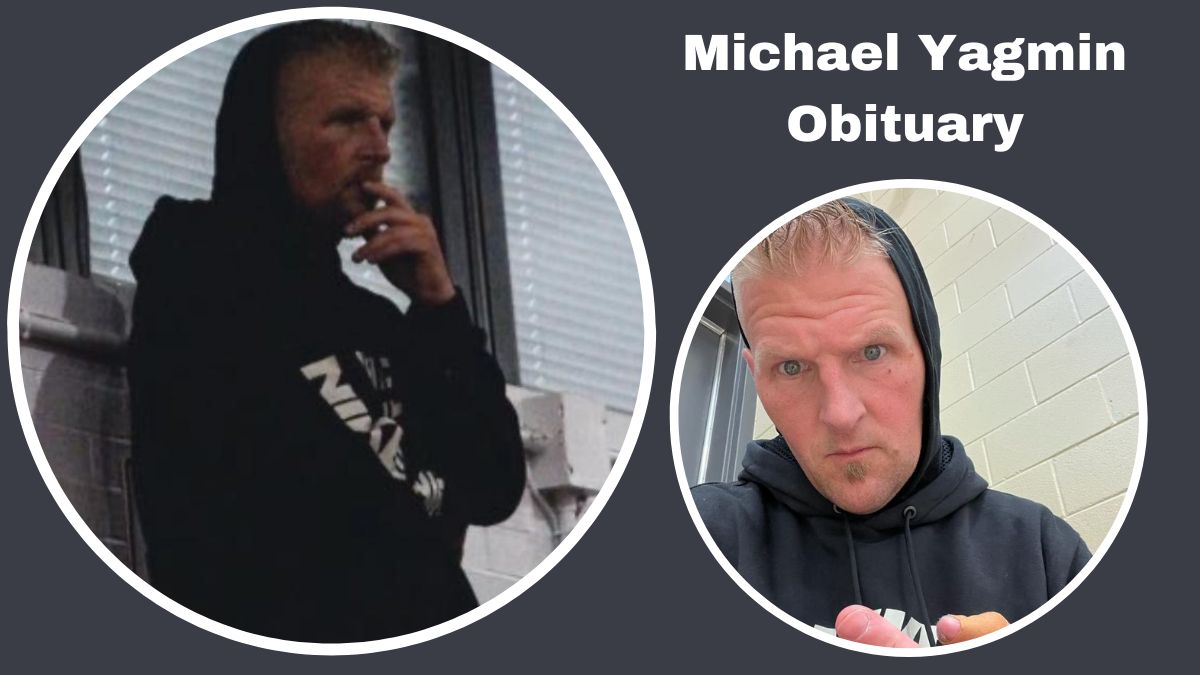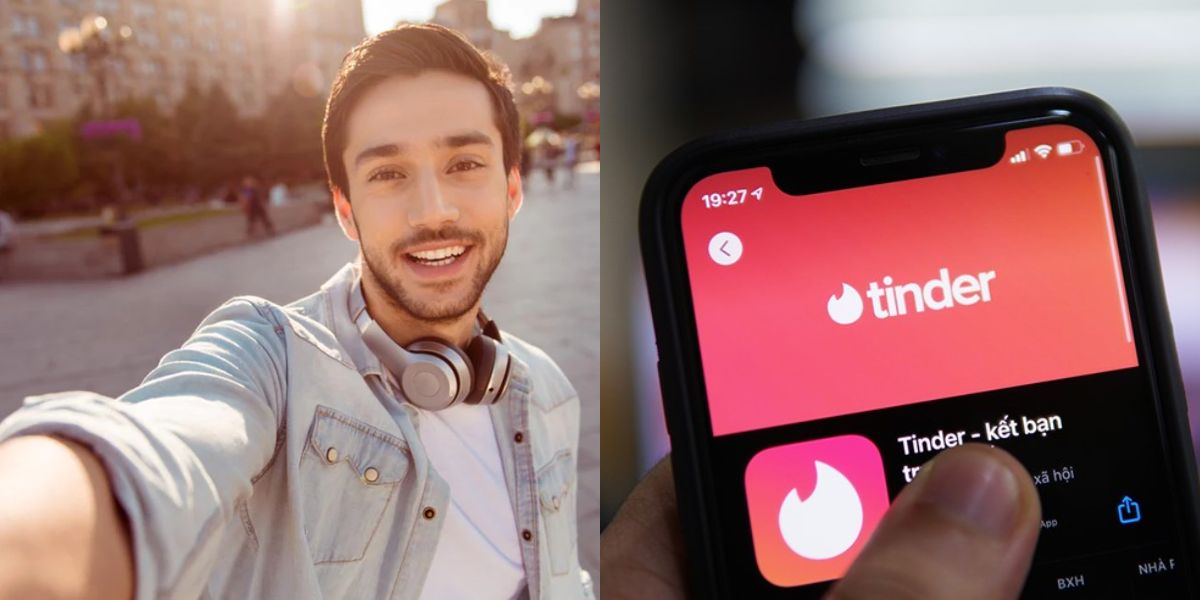The number of “swatting” calls—false allegations of bombings or shootings—that alert SWAT teams and put schools on lockdown is rising countrywide.
The broader picture: Even though there are no deaths or injuries in such events, children might nonetheless suffer greatly psychologically.
- Making a false emergency call to 911, which frequently sends SWAT units to potentially dangerous situations, is known as “swatting.”
The FBI stated in an email that they are “aware of the continued threats being made,” even though they have not disclosed information regarding the number of swatting occurrences. - “The FBI takes swatting very seriously,” the agency said. “These threats put innocent people at risk and cause significant fear in the community.”
According to Amanda Klinger, director of operations for The Educator’s School Safety Network, there have been 401 false reports this school year.
- The National Association of School Resource Officers, which analyzes news stories of swatting occurrences, has recorded such reports across 42 states, plus Washington, D.C., since September. Practically no state has been spared.
- Since many of the calls are automated, it is simple for criminals to make dozens of fictitious threats quickly.
- “Very often, and probably in this case, they are foreign actors,” After 36 New York schools were attacked in March, New York Governor Kathy Hochul (D) made this statement. “These are computer-generated calls originating in foreign lands that are trying to cause disruption.”
“This incredible uptick in intentional false reports … is something that educators have really struggled to contend with this year,” Klinger said.
- She added that getting people ready is “really the biggest first step” in the professional development training that the Educator’s School Safety Network offers to educators.
This entails enhancing communication tools, going through evacuation protocols, and speaking with faculty and staff. Klinger continued, “It doesn’t have to be very scary.”
The psychological effects of hoax gunshot calls can be frightening.
- “I think whether there’s a real shooting or pretend shooting, it’s terrifying and people don’t feel safe,” the Psychiatry and behavioral sciences chief at Children’s National Hospital in Washington, D.C., Dr. Adelaide Robb, said.
- She said there are two ways that pupils’ mental health may be impacted.
- “The kids who aren’t that scared and who stopped paying attention to any threats may start to ignore things from their own peer group on the Internet,” Robb said. Because there have been so many false alarms, she continued, if there is a genuine threat, people might dismiss it.
- “There’s another group of kids who may be more anxious to begin with, who become more and more fearful,” Robb said. “And for some of those children then, it doesn’t feel safe to go to school anymore.”
Check out more related articles we are posting:
- Florida Students Organize School Protest Against DeSantis’ Education Agenda
- The main advantages of a Safeguarded Data Bedroom
- Florida Prep School Principal S*xually Molested Student Who Saw Her As ‘Mother Figure’
- “To not feel safe in school makes one of the most important parts of a child’s life very difficult,” Robb said.
- “You can’t learn when you’re in terror,” she continued. “If you can’t go into school and sit down in the classroom, and listen and learn because you’re too scared somebody’s going to come in with a gun, it makes the entire progress of your life difficult.”
Klinger noted that analysis of a recent swatting episode revealed significant consequences for mental health.
- “No one was in danger. No one was injured, and that’s fantastic,” she explained. “But you can’t discount that there was a period of time where people thought they might die.”
Earlier this month, Senate Majority Leader Chuck Schumer (D-N.Y.) urged the FBI to look into the “latest unprecedented wave” of swatting calls.
- “It’s our job as the adults in their life to help in school, to make people feel safe, to make it a gun free zone,” Robb said. “So that going to school is about learning and making friends – not worrying about what’s the next bad thing that’s going to happen.”
Tyler is a passionate journalist with a keen eye for detail and a deep love for uncovering the truth. With years of experience covering a wide range of topics, Tyler has a proven track record of delivering insightful and thought-provoking articles to readers everywhere. Whether it’s breaking news, in-depth investigations, or behind-the-scenes looks at the world of politics and entertainment, Tyler has a unique ability to bring a story to life and make it relevant to audiences everywhere. When he’s not writing, you can find Tyler exploring new cultures, trying new foods, and soaking up the beauty of the world around him.











